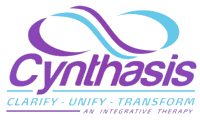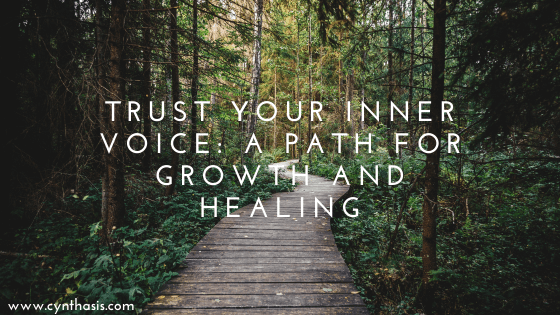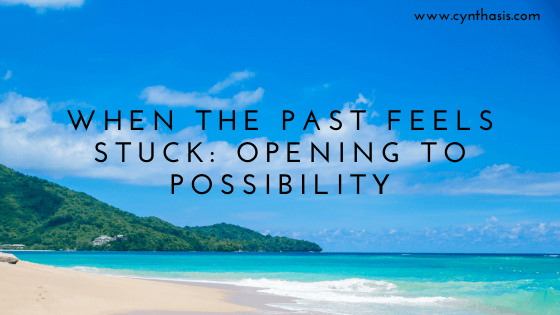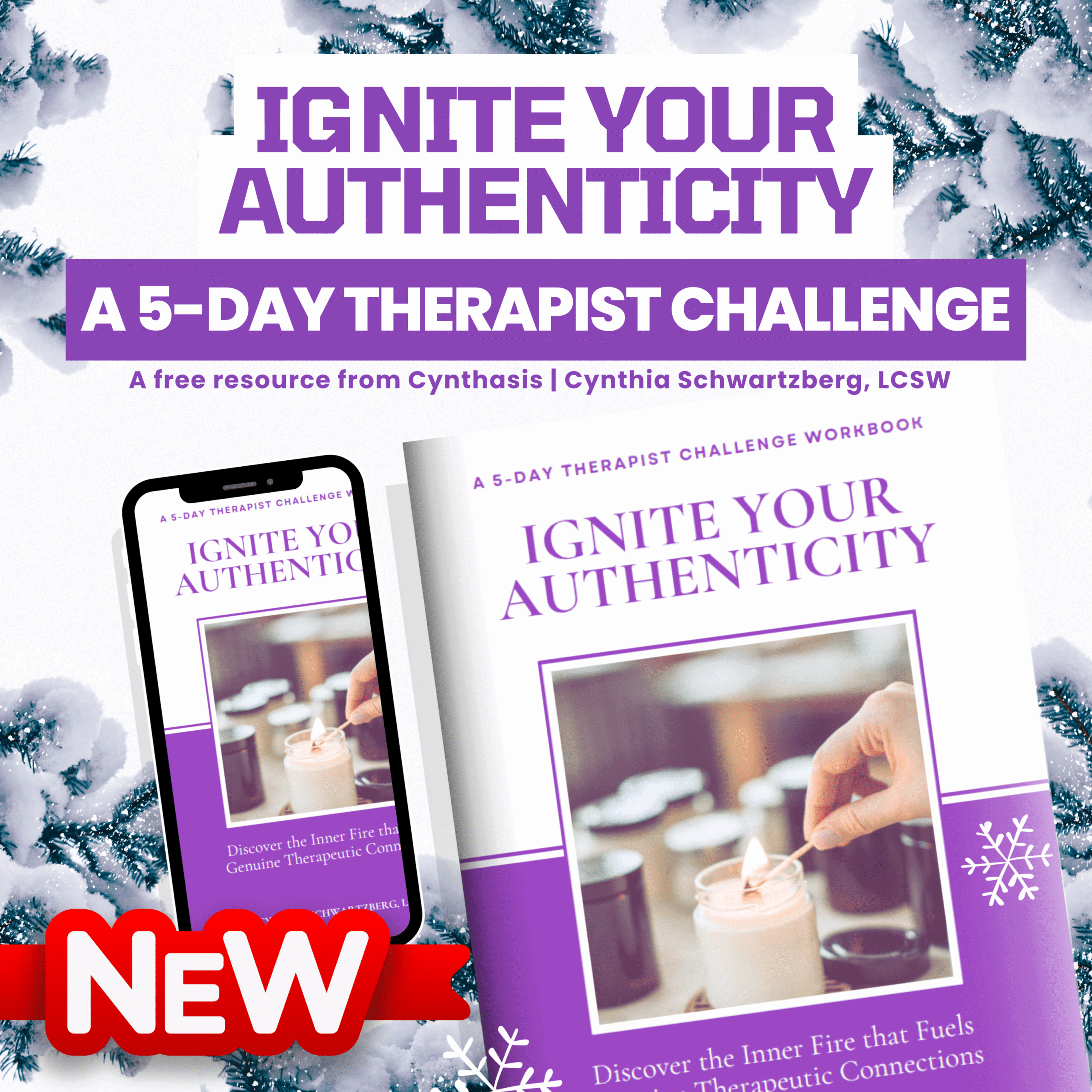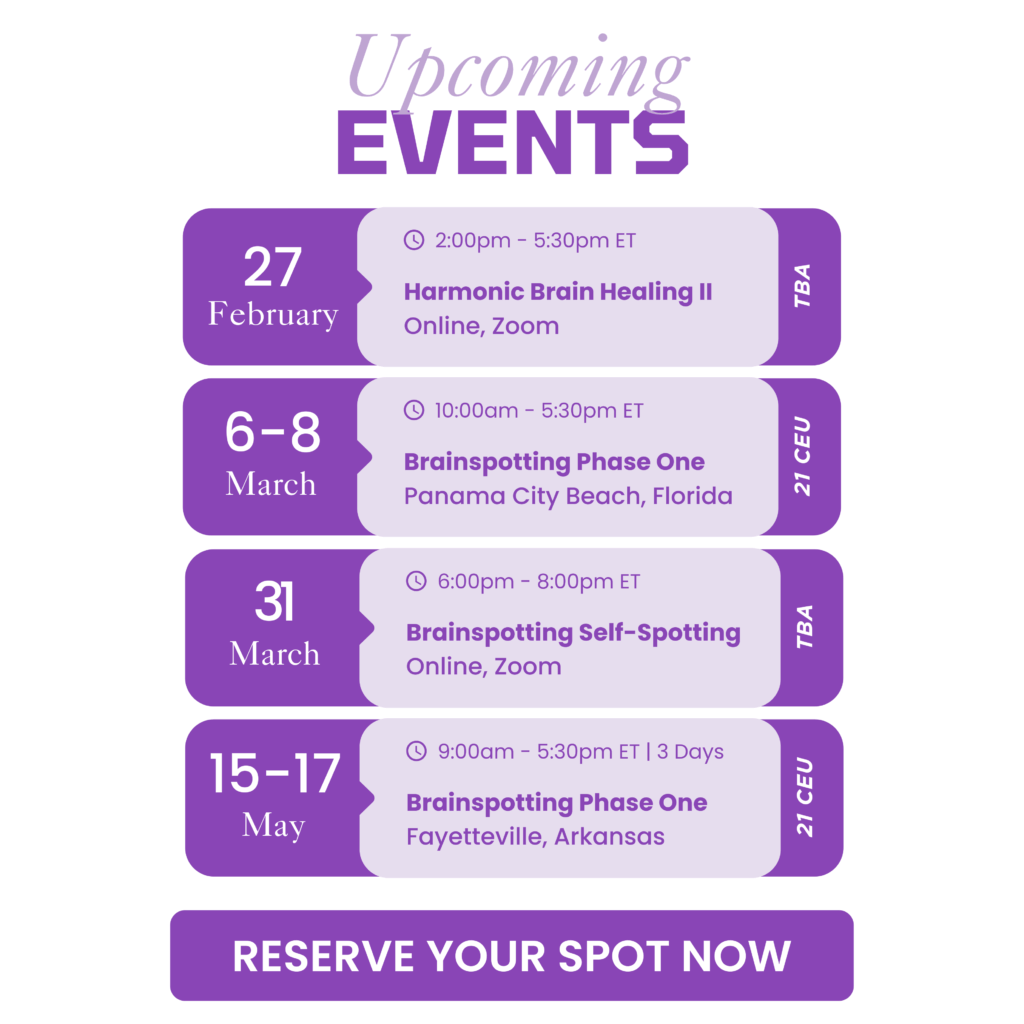Embracing Mistakes with Self-Compassion: A Path for Growth and Healing
Have you ever replayed a mistake in your mind, wishing you could turn back time? I know that feeling well. Over the years, I’ve learned that being hard on myself never led to growth. It only deepened self-doubt. Everything changed when I began learning self-compassion and new ways of speaking to myself.
We have all been stuck in self-judgment, questioned our choices, and felt the weight of regret. But what if, instead of being our harshest critics, we became our own best supporters? Practicing self-compassion allows us to shift our perspective, embrace our imperfections, and grow through our experiences.
What is Self-Compassion and Why Does It Matter?
Self-compassion is the practice of treating ourselves with kindness, especially in moments of failure or self-doubt. Instead of being consumed by guilt or frustration, it encourages us to respond to our mistakes with the same care we would offer a close friend. According to psychologist Dr. Kristin Neff, self-compassion consists of three core elements:
- Self-kindness: Replacing self-criticism with understanding and patience.
- Common humanity: Recognizing that making mistakes is a shared human experience.
- Mindfulness: Acknowledging our emotions without over-identifying with them.
Through my own journey and the work I do with clients, I’ve seen how self-compassion nurtures emotional resilience and creates space for profound personal growth.
Positive role models are a great way to begin learning to embrace ourselves differently when we make mistakes. Instead of seeing mistakes as failures, we can begin to view them as invitations to learn, heal, and evolve. What if we became our own best supporters instead of being our harshest critics?
Common Mistakes and Their Emotional Impact
Mistakes come in all shapes and sizes like missed opportunities, saying the wrong thing, or making decisions we later regret. Often, these missteps trigger:
- Self-doubt and rumination
- Feelings of unworthiness or failure
- Fear of judgment from others
While these emotions are natural, dwelling on them can hinder our ability to learn and move forward. Instead of seeing mistakes as failures, we can reframe them as stepping stones toward wisdom and self-awareness.
Navigating Life’s Storms: A Personal Perspective.
In The Curious Voyage to Authenticity, I share a metaphor that resonates deeply with me: being the captain of your own ship. Just as a captain navigates through storms, we must learn to steer our lives with self-compassion, even when mistakes threaten to throw us off course. There have been times when I questioned my own direction, but I found that leaning into self-compassion allowed me to recalibrate rather than get lost in self-doubt.
One client, Jodi, discussed in the book struggled with self-worth and feeling good enough. Through our work together, using Brainspotting, she recognized how past experiences had shaped her feelings which led to her inner critic. Jodi learned to replace self-judgment with self-kindness and forgiveness. The new perspectives and energy helped her thrive career, strength and let go of focusing on shortcomings. I believe the work is more than words. It’s commitment, dedication, and willingness to explore the pain that was once denied expression.
How to Practice Self-Compassion During Difficult Moments
When faced with accepting mistakes, consider these practical strategies to cultivate self-kindness:
1. Pause and Acknowledge Your Feelings
Instead of suppressing emotions, take a moment to recognize them. Label your judgment as judgment and recognize the feelings. This practice fosters mindfulness and self-awareness. We can identify the judgment without being identified with it.
2. Speak to Yourself with Kindness
Imagine how you would comfort a friend in your situation. Swap self-critical thoughts like “I’m such a failure” to “You did the best you could at the time.”
3. Reframe the Mistake as a Learning Opportunity
Ask yourself: What can this experience teach me? Mistakes are not reflections of our worth but are lessons that guide our growth.
4. Practice the Ho’oponopono Prayer
This Hawaiian forgiveness practice can help release self-blame and foster inner peace. Repeat:
I’m sorry. Please forgive me. Thank you. I love you.
Adding a relevant phrase that fits your situation can help you shift and gain a new perspective with forgiveness.
5. Engage in Self-Compassion Exercises
In The Curious Voyage to Authenticity, I share powerful experiential strategies. One exercise involves writing a letter to your past self, offering words of encouragement and forgiveness. Another practice encourages curiosity—rather than judgment—when reflecting on past mistakes. This shift allows for emotional healing and resilience.
Deepening Self-Compassion
Join me on the journey to authenticity. If you’re ready to dive deeper into self-compassion and personal growth, I invite you to join me:
- Letting Go into Love – On February 5th, I’ll be offering a special talk working with the concepts from The Curious Voyage to Authenticity. We will explore how to shift from fear to love and compassion.
- The Curious Voyage Class – An eight-week exploration into self-discovery, where we use the tools and practices from my book to cultivate authenticity, self-compassion, and resilience.
- Practice daily exercises for journaling from my book or teachings from others to align with your authentic self and nurture resilience.
- Cynthasis on YouTube has lots of meditations to support you on the way.
These courses/tools provide structured methods to develop self-compassion and embrace mistakes as part of personal growth.
I would love to hear from you! How do you practice self-compassion in tough moments? Share your thoughts and join me on this journey of healing and growth. It enhances personal and professional relationships!
